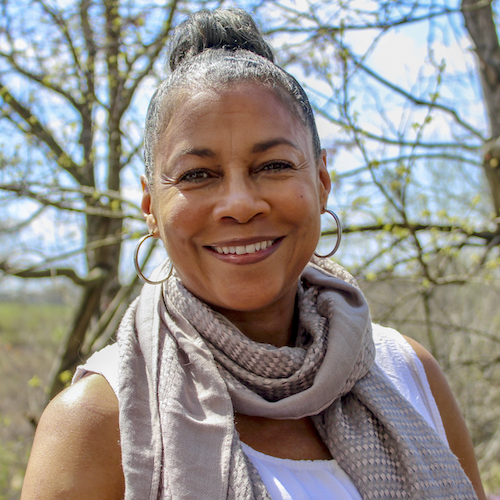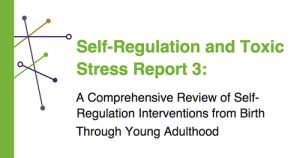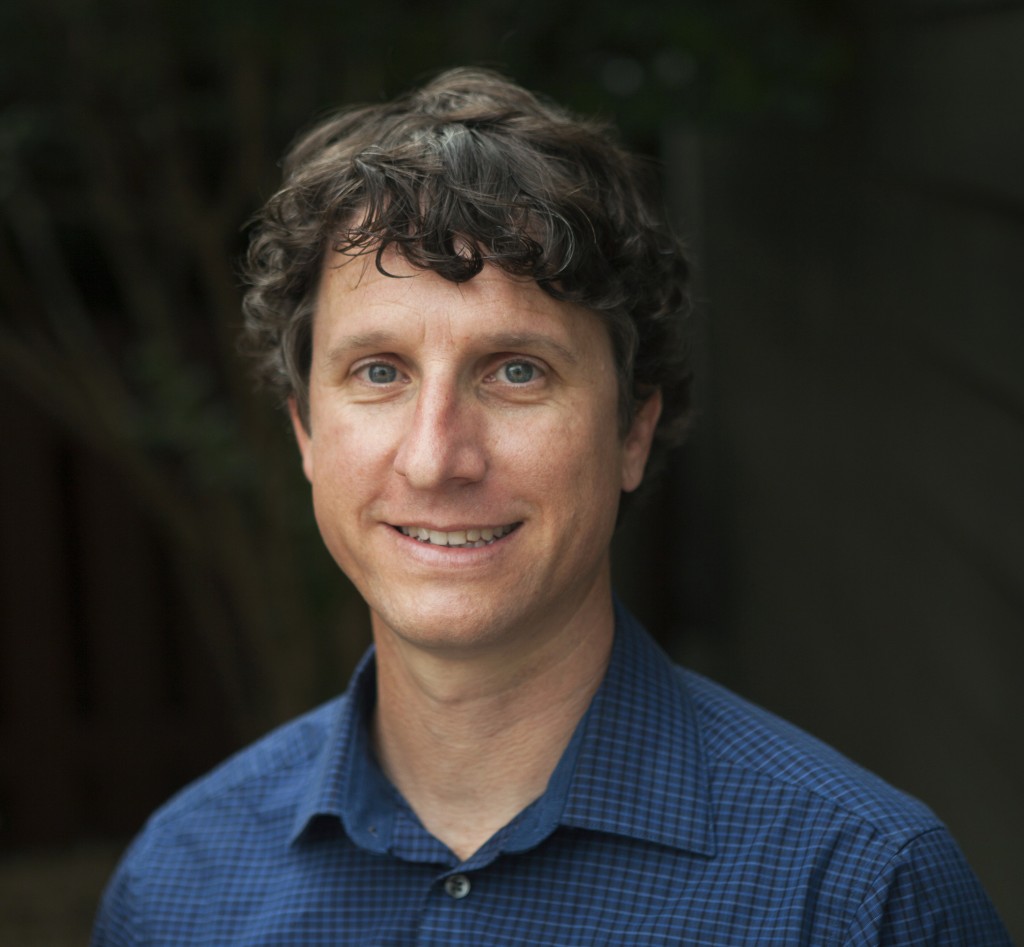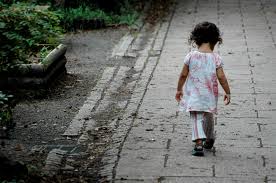By: Allison Rae Ward-Seidel & Sophie Yitong Yue
Highlights:
- Adolescent development is complex and multifaceted, including mental and physical health, cognition, identity, meaning and purpose, emotional, and social domains of development, which are all interrelated.
- Helping educators support multiple developmental domains may support adolescents’ cognitive development and foster academic success in school.
- Schools can play a role in holistic adolescent development, and highlighted here are tips and strategies for educators to promote holistic development.
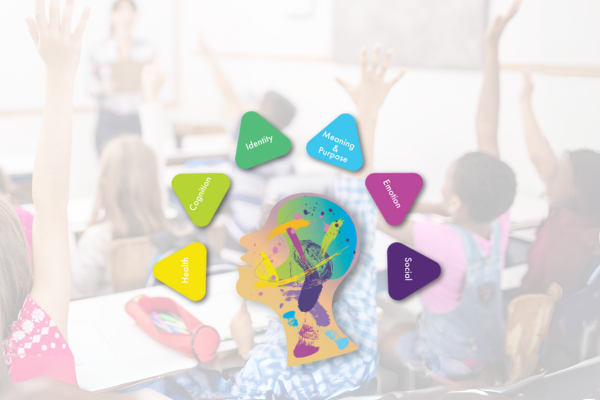
Adolescents spend a substantial amount of their daily time in school. The goal of schools has rightfully been to promote academic skills, such as reading, writing, math, science and history. Since the era of standardized testing, education has been focused on academic achievement, often at the expense of students’ health and wellbeing. However, incorporating students’ health and wellbeing can support academic success.
If we want youth to thrive, we need a holistic approach that not only emphasizes their performance but encourages mental and social development. The Portrait of a Thriving Youth describes domains of adolescent development in a comprehensive way. We highlight those domains and describe specifically how schools and educators can promote positive, holistic experiences for youth that can support academic success.
Physical & Mental Health
Physical and mental health in adolescence includes how young peoples’ brains, bodies, and hormones are changing during puberty. Often physical changes and mental maturity are happening at different rates, which can be confusing for a young person, and the adults who care about them.
To support physical & mental health, schools and educators can:
- Foster a sense of community and social connection at school where young people interact with each other in encouraging and supportive ways.
- Coach young people to identify stressors or anxiety-triggers and process feelings to develop coping strategies.
Cognitive Development
Cognition in adolescence includes the changes happening in the brain that allow students to think more critically and abstractly. This development is important for advanced academic skills, such as in calculus or debate.
To promote cognitive development, schools and educators can:
- Avoid singling out skills (when students are struggling the tendency is to focus narrowly on specific skills, often out of context or in isolated ways), and instead promote critical thinking about complex topics.
- Share information with youth about how their brains develop and incorporate reflection to promote meta awareness.
Identity Development
Identity development in adolescence revolves around important questions like “Who am I?” and “Where do I fit in?”. It is developmentally appropriate for adolescents to ‘try on’ different identities by selecting different clothing styles, appearances, interests, friend groups, or activities.
To promote identity development, educators can:
- Help youth develop an integrated identity, or a cohesive sense of self, can be motivating for engagement in extracurricular activities and academic achievement.
- Foster young people’s identity development in both academic and social settings to create a safe and supportive environment.
Meaning & Purpose
Youth are developmentally programmed to reflect on complex questions about their lives and social contexts. An important part of adolescence is actively trying to make sense of the world around you. Adolescents are more attuned to risks and rewards, fairness and justice, and are sensitive to hypocrisy.
To promote meaning & purpose, schools and educators can:
- Guide students to understand why education supports their future.
- Inspire youth to explore and define their own goals to develop more defined work habits, long-term life plans, and take goal-directed actions.
Emotional Development
Emotional development includes identifying and managing emotions in positive and meaningful ways. During adolescence, young people are experiencing more extreme highs and lows, as the part of their brain that initiates and processes emotions is developing rapidly.
Educators can help adolescents:
- Practice identifying complex feelings and emotional triggers, as well as healthy emotion regulation strategies, so that they can fully participate in the classroom and academic assignments.
- Develop empathy and compassion for others which can also support their own social emotional learning.
Social Development
Social development is particularly salient in adolescence as youth spend more time, and place more importance with their peers when exploring independence, identity, and where they fit in the world. Youth model relationship-building and conflict resolution skills after the adults in their lives.
Educators can promote social development through:
- Active learning strategies that increase engagement, like cooperative group work (e.g., jigsaw assignments can increase empathy), inquiry-based learning, or project-based learning.
- Building positive student-teacher relationships and student-peer relationships.
- Implementing restorative practices (e.g., community building circles which can include academic content), and promoting student-teacher relationships among students.
Supporting healthy young people means supporting all the multifaceted and complex parts of adolescent development. Because these domains are all connected, supporting additional areas of development will contribute to students’ cognitive development and academic success. Balancing these domains can seem overwhelming for one educator; instead, consider building partnerships with community organizations, afterschool programs, and outside groups, to map what resources are available to support different developmental needs.
If you have any comments or questions about this post, please email Youth-Nex@virginia.edu. Please visit the Youth-Nex Homepage for up to date information about the work happening at the center.
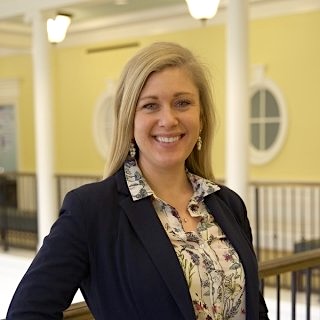
Author Bio: Allison Rae Ward-Seidel is a Ph.D. student at the University of Virginia studying sociopolitical development and school conditions that promote a commitment to social justice among adolescents. Allison taught public school for 6 years before transitioning to education research in psychology and human development. She earned a Masters from Harvard Graduate School of Education and worked as a research project director evaluating a Restorative Practices and Racial Equity initiative in schools. She hopes to continue in education by supporting preservice teachers and advancing scholarship in sociopolitical development.

Author Bio: Sophie Yitong Yue is a Ph.D. student at the University of Virginia studying ecological theory and its implications for behavioral health outcomes. She is also interested in using advanced quantitative methods to analyze national longitudinal data. She holds a Master’s degree in Educational Psychology and hopes to continue her academic journey in promoting human- and equity-centered approaches in research and all fields.

